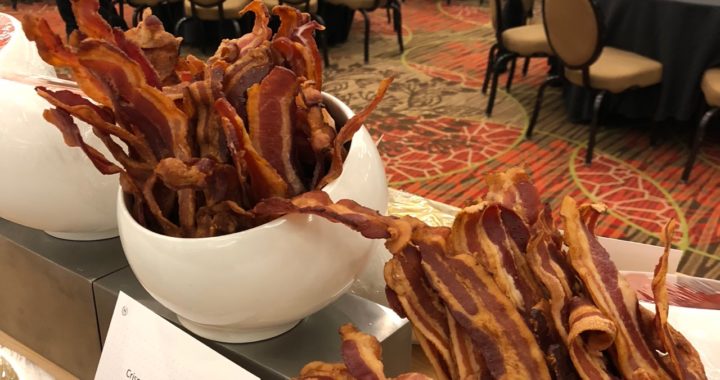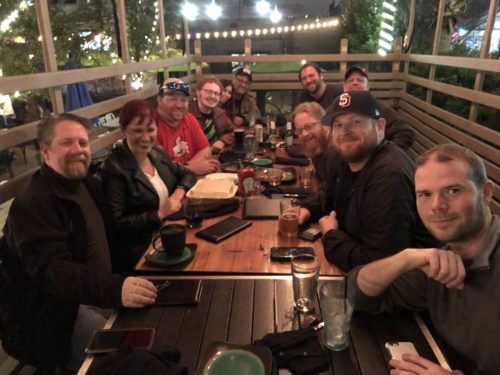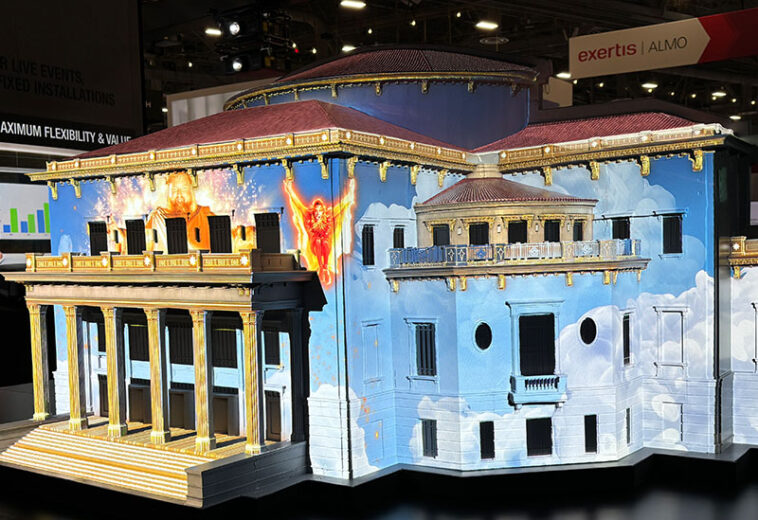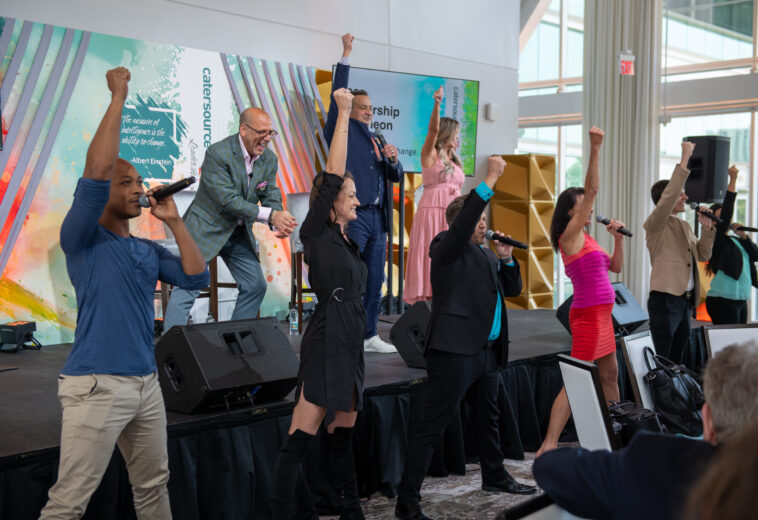A guide to the proper care and feeding of your production team
By Christy Lamagna, CMP, CMM, CTSM, and James S. Rota
From the Beauty:
Regardless of what you’re planning, it’s key to know your audience. Today we put a spotlight on the backbone of almost all productions: the production crew. These are the men and women who work tirelessly behind the scenes to ensure that everything runs seamlessly from a production standpoint. Their hours are long, usually starting before the sun rises and finishing long after it sets. They often go unnoticed, but they should not be forgotten.
Here are a few things to keep in mind:
- Have a food allergy list for your crew as well as your attendees.
- Set up a beverage station with hot and cold beverages that are refreshed throughout the day.
- Offer food selections that can be eaten hot or at room temperature. The crew may eat in shifts.
- Offer healthy options that keep energy levels consistent.
- Treat your crew as you would any valued attendee or staff member.
- Properly feeding the crew creates solid morale, which translates into more motivation to work hard.

From the Brain:
The production team is in the spotlight if a projector fails, sound quality is poor or if any number of other technical snafus occur, so you want the best of the best at the helm.
Dedicated crews arrive earlier than most and are often last to leave. Installation and tear down requires physical and mental energy and, while the show is running, these folks are the nerve center of your operation.
It’s ironic that people who are critical to successful content delivery are often overlooked, if not ignored. Here are a few ways to correct that while improving your show quality:
- Contract enough time for load-in and strike and avoid overnight load-ins. If something goes wrong during setup, there are few options for replacement equipment. Speakers likely won’t have time to rehearse and your program is at risk of starting late. Additionally, your cue-to-cue rehearsal may be cut, which means you have no dry run for your program.
- Overnight load-ins have the crew up all day, loading in overnight and likely working the next morning. Depriving the people responsible for key timing and execution of sleep is bad for everyone.
- If you have a 15-minute break, the crew has about eight minutes to hit the bathrooms and return. They rarely eat as they have neither the time nor the opportunity. Have catering bring food to the crew during breaks. It should be able to be eaten without a fork and only drinks with lids should be offered for equipment safety.
- Strongly encourage speakers to submit slides at least 24 hours before the event. Put them in a PowerPoint deck in presentation order and put them on a jump drive. Include title slides and walk-in/walk-out slides or still stores. Hand the drive to the production team so they can load the presentations into show computers. Make time to sit with the graphics op to make sure there are no unseen glitches. If you want walk-in/walk-out, play-on/play-off music, let them know that as well as what type of music you prefer.
- Provide the names and titles of speakers and a pronunciation guide for anyone who requires a VOG (voice of God) introduction to the stage.
Production teams work tirelessly to make your event run smoothly. Treat them with the kindness they deserve.
Want more tips on the proper care of your production partners? Email me at: Christy.lamagna@smeplanners.com.
Until next time, remember that smart is beautiful!
Thank you to Christy Lamagna, CMP, CMM, CTSM of Strategic Meetings and Events for reprint permission.







